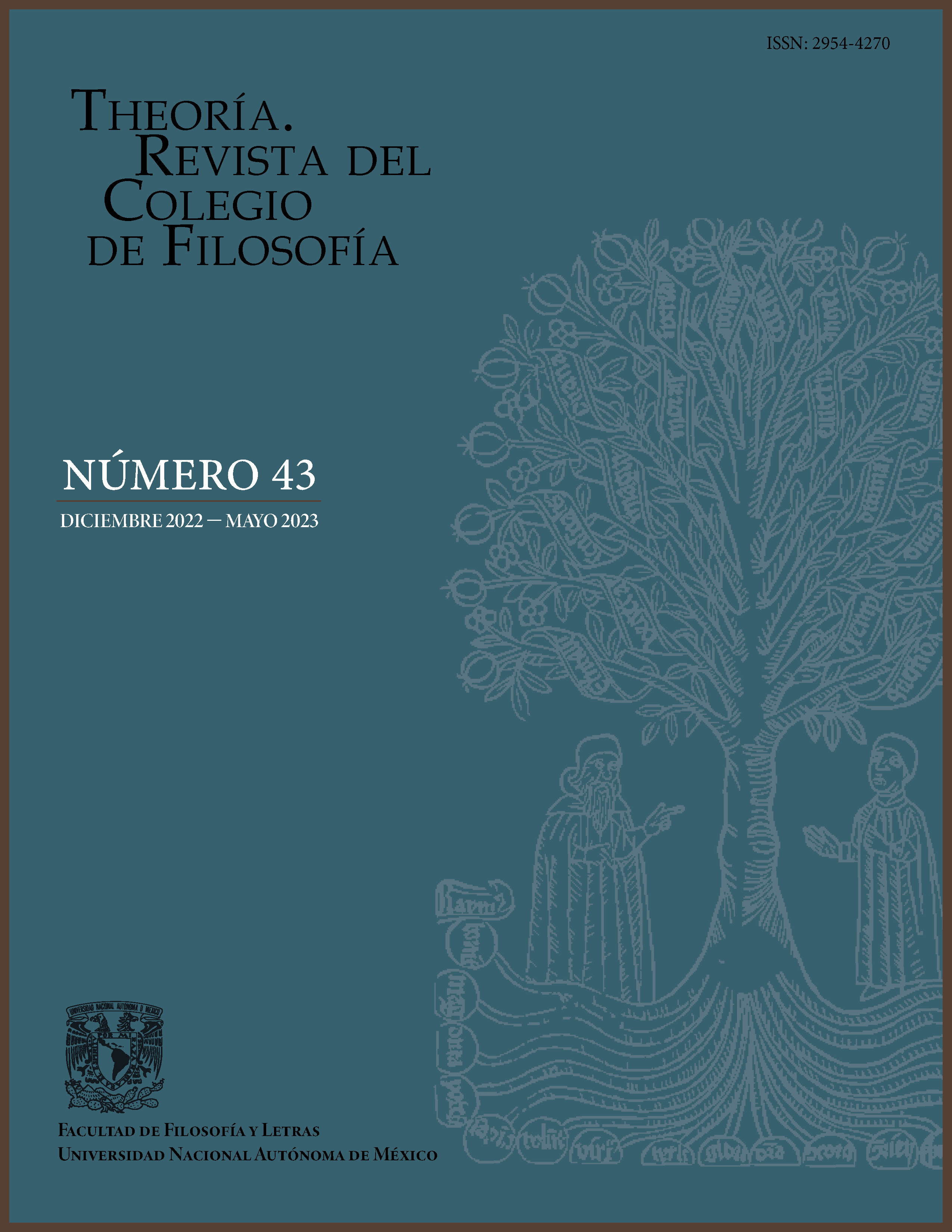Non-distance acceleration. Heideggerian Annotations on the Technological Era
Main Article Content
Abstract
This text seeks to highlight the conditions that allowed the conception of time in the contemporary technological to become acceleration and immediacy based on what Heidegger calls "non-distance." For this purpose, the text is divided in three sections. First, following Heidegger's interpretation of the essence of modernity, I will deal with the presuppositions that will give birth to the contemporary technical age and its respective modes of development, one of them being the technological era. In the second section, I will delve into the phenomenon of spatiality exposed in Being and Time, as a constitutive element to understand how the phenomenon of time became an acceleration from the non-distance and the loss of remoteness and proximity. Finally, in the third section, I will reflect on current temporality and its respective modes of interpretation from the space-time separation. The main purpose is to carry out a thematic reconstruction from the Heideggerian postulates that account for the ways in which the conception of time has been drastically transformed to discern some of its dangers and explore new ways in which the conception of time has become acceleration.




